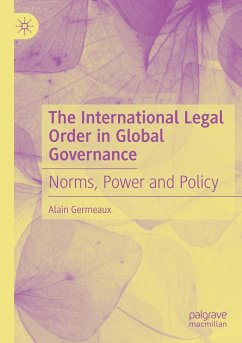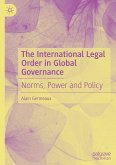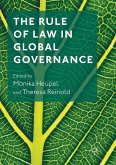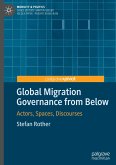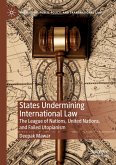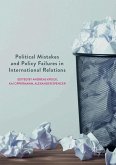The space occupied by international law in shaping political action is subject to continuing debate and controversy. This book aims to answer the question of how and why international law impacts the behaviour of actors on the international stage in the absence of central authority and faced with asymmetric power. At a time when the role of normative restraints in international relations, and international law in particular, has come under renewed questioning, it advances an analytical framework for understanding the effect of norms on behaviour that is not contingent on material restraints or a given political constellation, while being informed by the practical realities and practice of international organisation. In doing so, this book draws on an interdisciplinary range of sources, including international law, political theory, cognitive psychology and behavioural economics to explore a communicative action-based approach of how norms and ideas persuade actors to engage in a course of action consonant with international law to achieve a particular outcome. In probing the role of norms on questions such as the use of force and accountability, and issues of equity and justice, it examines the challenges international law faces and what the way forward may look like.
Bitte wählen Sie Ihr Anliegen aus.
Rechnungen
Retourenschein anfordern
Bestellstatus
Storno

